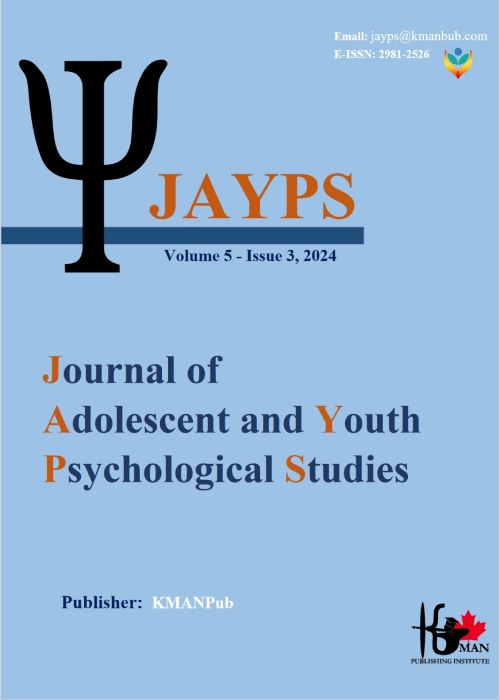Predicting Anxiety Based on Perfectionism and Cognitive Thinking Styles in University Entrance Exam Candidates
As the largest and most comprehensive exam in the Iranian educational system, the university entrance exam creates a competitive atmosphere among students. This atmosphere can be the source of one of the greatest anxieties that students experience during their studies. In the meantime, variables such as cognitive thinking styles and perfectionism concerning university entrance exam anxiety in students can be examined. So, this study is conducted to predict anxiety based on perfectionism and cognitive thinking styles in university entrance exam candidates in Kashan.
This is a descriptive - correlational study. The statistical population includes all university entrance exam candidates in the academic year 2018-2019 in Aran va Bidgol. The sample size is 120 university entrance exam candidates in Aran va Bidgol who are selected from high school students by convenient sampling. The study tools include the Frost Multidimensional Perfectionism Scale (FMPS), the Grasha-Reichmann Learning Style Scales (GRLSS), and the Sarason Test Anxiety Scale (TAS).
The results indicate that there is a significant negative correlation between total perfectionism and test anxiety (r = 0.46), between worry about mistake and test anxiety (r = 0.54), between doubts about actions and test anxiety (r = 0.44), and between parents' expectations and test anxiety (r = 0.20). Besides, there is no significant correlation between the total score of learning styles and test anxiety (r = 0.74), between independent learning and test anxiety (r = 0.59), and between competitive learning and test anxiety (r = 0.52).
According to the results, perfectionism on the subscales of worry about mistakes, doubts about actions, and parents' expectations predict test anxiety. The more perfectionist the person, the more test anxiety he/she experience. Moreover, learning styles on the subscales of competitive learning and independent learning does not predict test anxiety, indicating that learning styles do not affect test anxiety levels.
- حق عضویت دریافتی صرف حمایت از نشریات عضو و نگهداری، تکمیل و توسعه مگیران میشود.
- پرداخت حق اشتراک و دانلود مقالات اجازه بازنشر آن در سایر رسانههای چاپی و دیجیتال را به کاربر نمیدهد.



